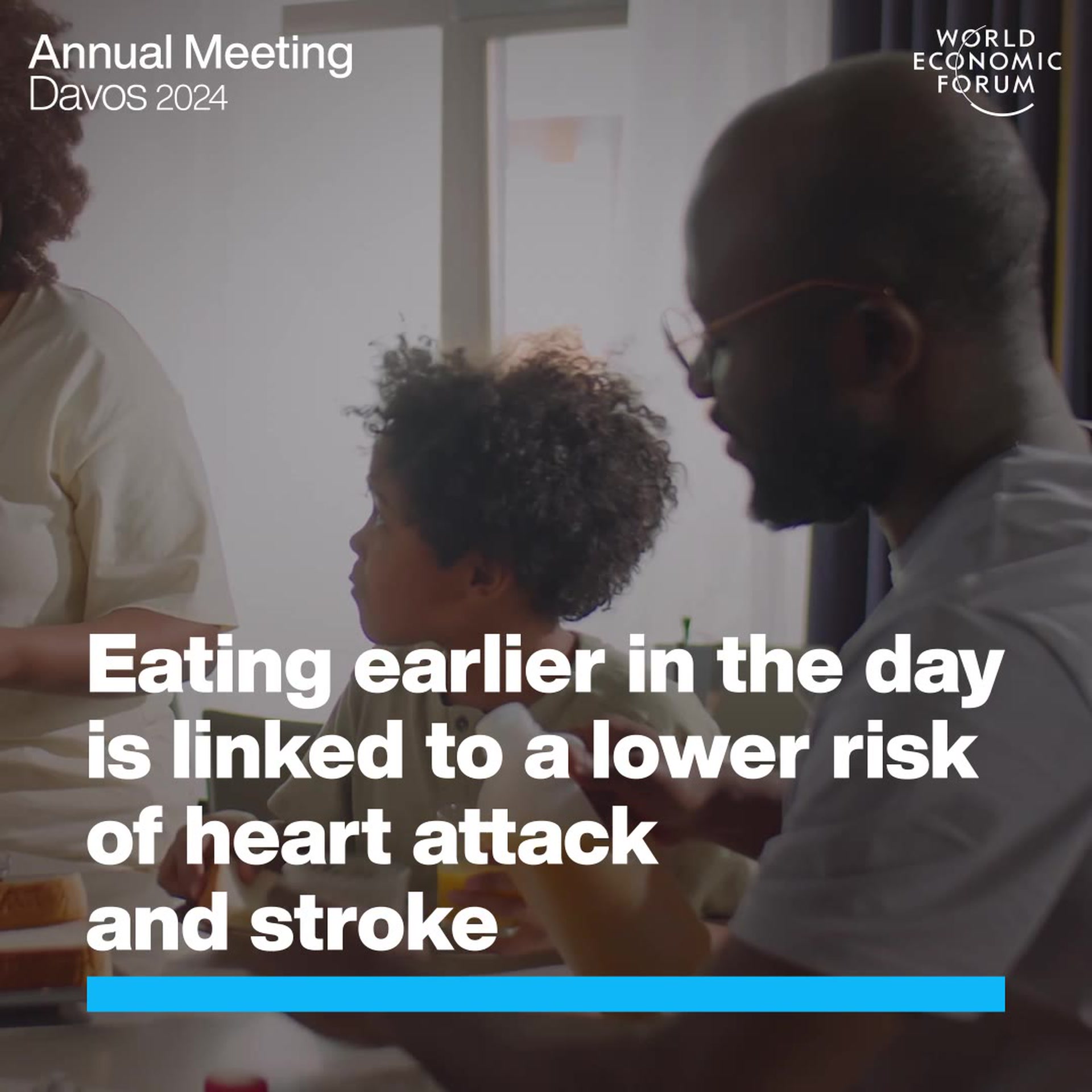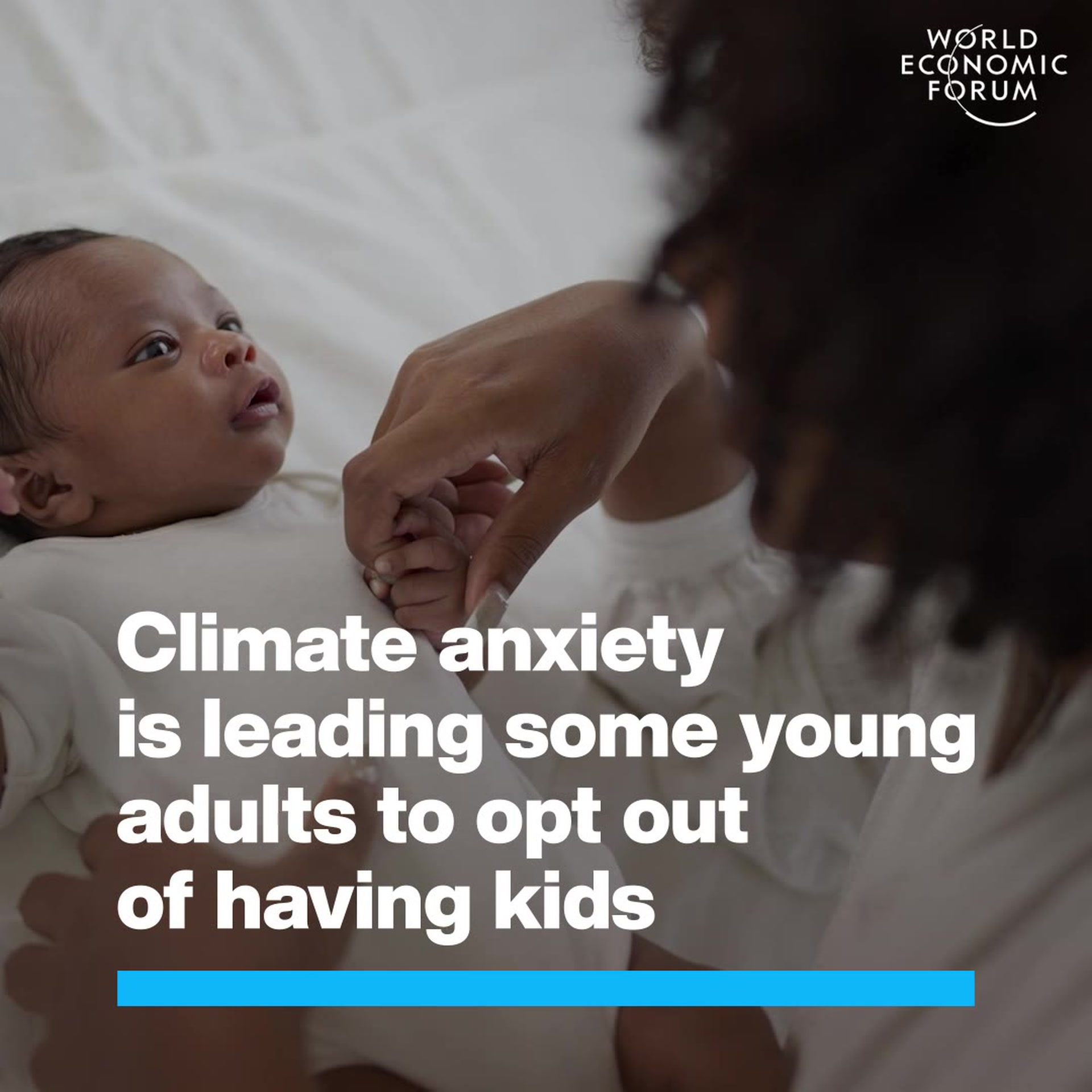How employers and workers are benefiting from a shift to remote working


Get involved with our crowdsourced digital platform to deliver impact at scale
Stay up to date:
Behavioural Sciences
The ability to turn in your work from the comfort of your couch might sound like a dream — and increasingly so, this dream is becoming a reality for professionals all over the United States.
According to a new infographic from Highfive, there was a 79.7% increase in the number of remote workers between 2005 and 2012.
The Highfive graphic paints a clear picture of what working remotely looks like in the US today. It reveals which industries commonly hire remote workers, where these professionals live, and how much they make, on average.
It also shows how both employees and employers are benefiting from this shift.
About 77% of remote workers reported greater productivity while working from home, and 53% were less stressed. Remote workers also reported better health, and a willingness to work longer hours.
Check out the graphic below for more stats and facts about working outside the office:
%20copy.png)
This article is published in collaboration with Business Insider. Publication does not imply endorsement of views by the World Economic Forum.
To keep up with the Agenda subscribe to our weekly newsletter.
Author: Hope Restle is an editorial intern at Business Insider, writing about careers.
Image: A generic picture of a woman in an office using a computer mouse. REUTERS/Catherine Benson
Don't miss any update on this topic
Create a free account and access your personalized content collection with our latest publications and analyses.
License and Republishing
World Economic Forum articles may be republished in accordance with the Creative Commons Attribution-NonCommercial-NoDerivatives 4.0 International Public License, and in accordance with our Terms of Use.
The views expressed in this article are those of the author alone and not the World Economic Forum.
The Agenda Weekly
A weekly update of the most important issues driving the global agenda
You can unsubscribe at any time using the link in our emails. For more details, review our privacy policy.
More on Behavioural SciencesSee all
Peter Dizikes
November 27, 2023
Aaron De Smet and Patrick Simon
September 25, 2023
Kate Whiting and Kateryna Gordiychuk
September 6, 2023






